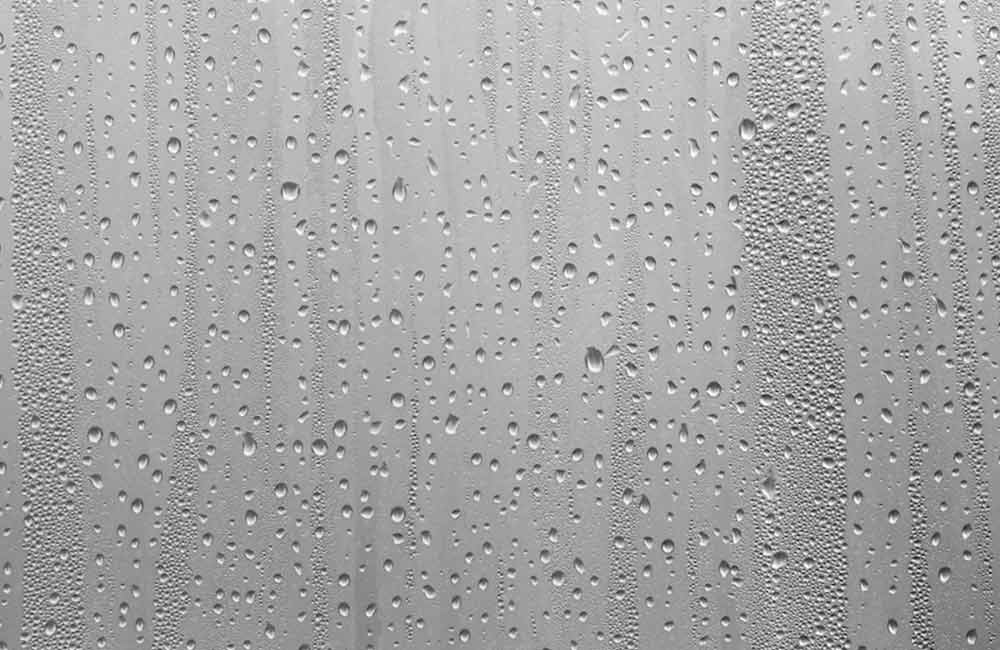New windows are normally a fantastic way to improve both the appearance and thermal comfort of your home. New double/triple glazing tends to retain far more heat within the home, minimising the time your heating needs to be on as well as keeping rooms at a more stable internal temperature.
New windows also tend to help reduce condensation on the glass, because the internal pane of glass is that much warmer than single glazing, and also warmer than sealed units fitted say 10 years ago.
This blog hopes to explain why you get condensation on the OUTSIDE of the window.
As you might expect some clients people aren’t happy about it! Imagine paying thousands of pounds for new windows only for condensation to form on the outside of windows – ruining the views from your home.
However this will not last all day -it will clear up once the temperature warms up.
So Why does condensation form on the outside of new double glazing?
Unfortunately, condensation forming on the outside of new double glazing is a natural phenomenon and it arises because the window is working so well at preventing heat loss from your home.
The reason water condenses on the outside surface of the glass is the temperature of the glass drops below the external dew point temperature. The new double or triple glazing units tend to have inner panes made up of low emissivity glass and this prevents the movement of heat across the glazing unit, so the outer pane never gets warm.
Cold comfort I know ( sorry about the pun ) but condensation forming on the outside of your new windows is actually an indication that your new windows are performing very well, although we appreciate it is not ideal!
It a bit like your house only having snow on the roof – that is because it is better insulated.
So you ask what can I do about the condensation forming on the outside of my new double glazing?
Unfortunately, there is nothing that can be done to reduce this phenomenon occurring, however, the good news is that it only occurs in very specific circumstances – a combination of high relative humidity and clear cold conditions normally experienced in Spring and Autumn.

